THE WARSAW INSTITUTE REVIEW / ISSUES / no. 1/2019
CONTENTS
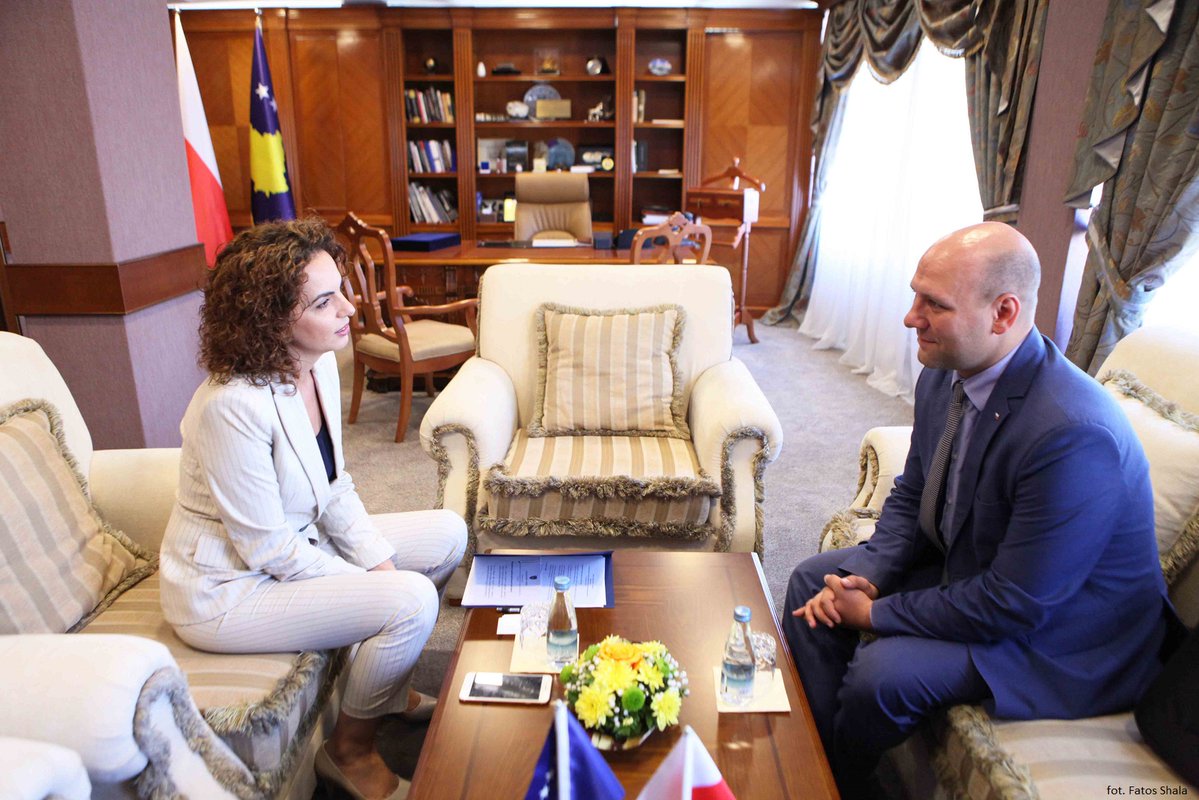
Poland in Strategic Relations between the European Union and the Balkans
We constantly support the European Union, built on the ideas of companionship and mutual respect for diversity and sovereignty of states. These principles, therefore, have also become the foundation of the plans of our Berlin Process presidency – the aim of which is to encourage the countries of the Western Balkans to join the European Community.
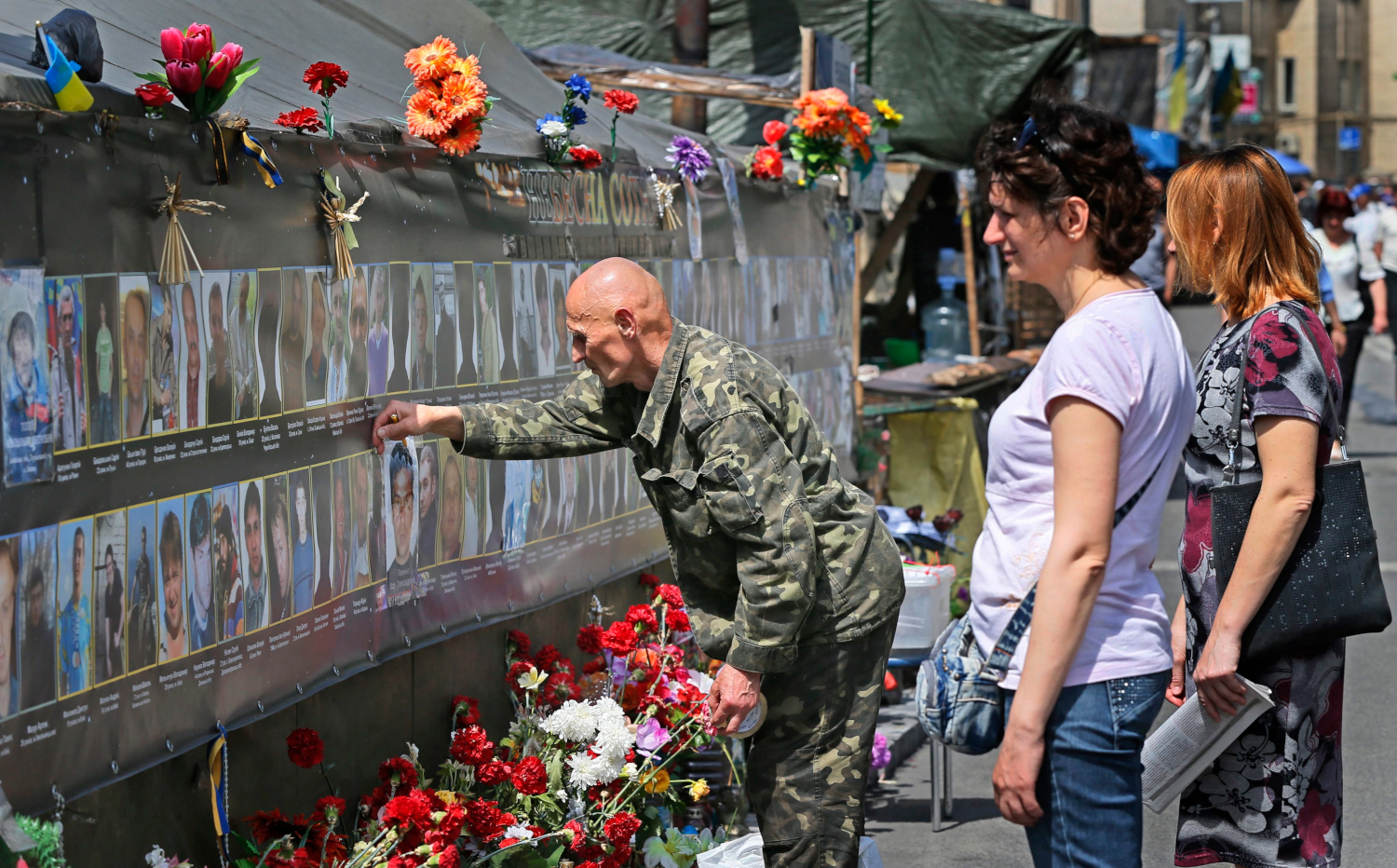
The Crimean Factor: How the European Union Reacted to Russia’s Annexation of Crimea
The current level of rather distanced relations between the European Union and Russia started to take shape five years ago. Russia’s continuing disregard for international law, aggression against Ukraine, and hostile activities against Western countries have resulted in policies of sanctions and other restrictions.
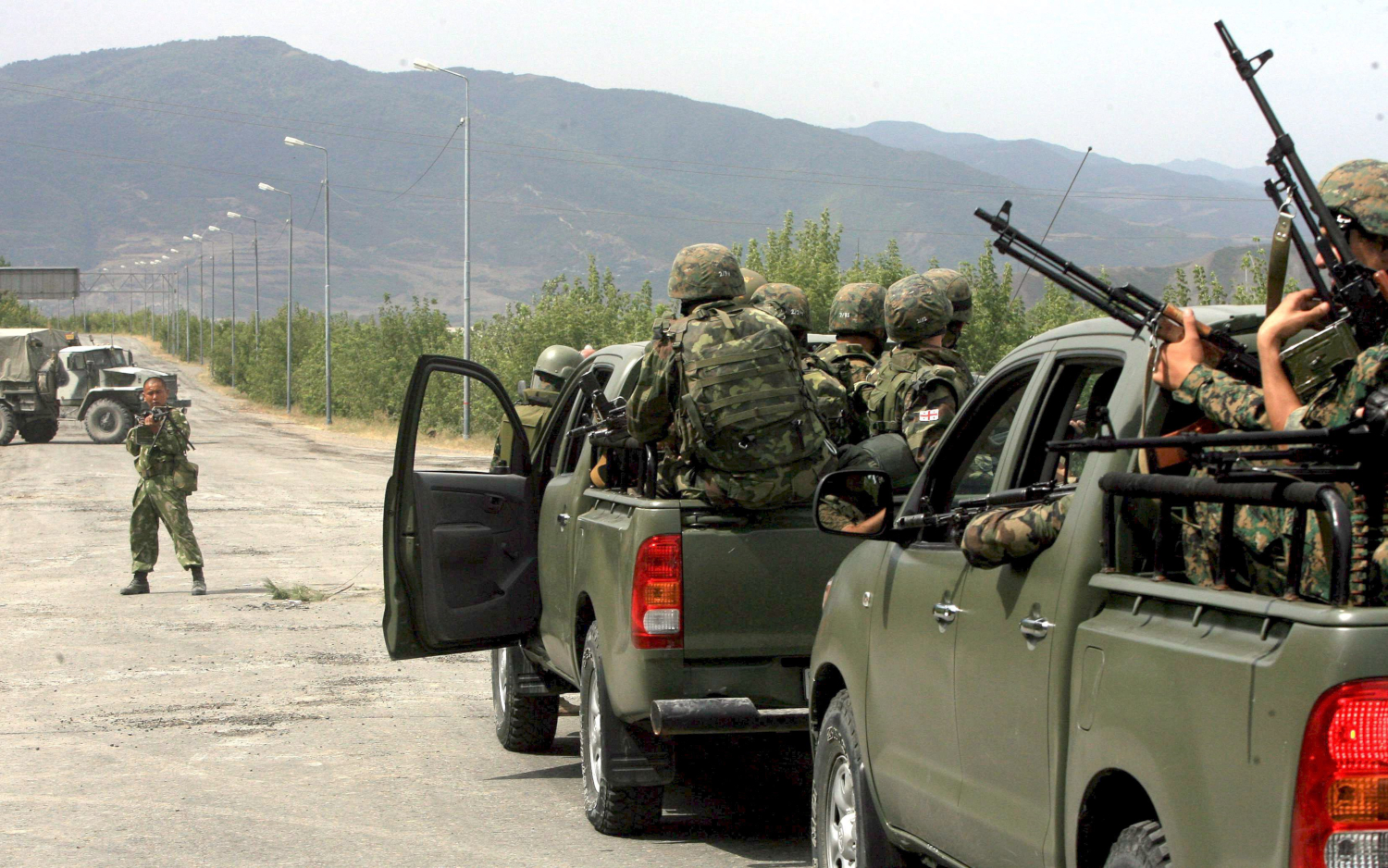
How Central European Countries Counter the Kremlin’s Hostile Actions: the Czech Republic’s and Poland’s Unfulfilled Potential
The Visegrad countries cannot find common ground in their attitude towards Russia, which is still disrupting international order and interfering in the domestic affairs of European countries.
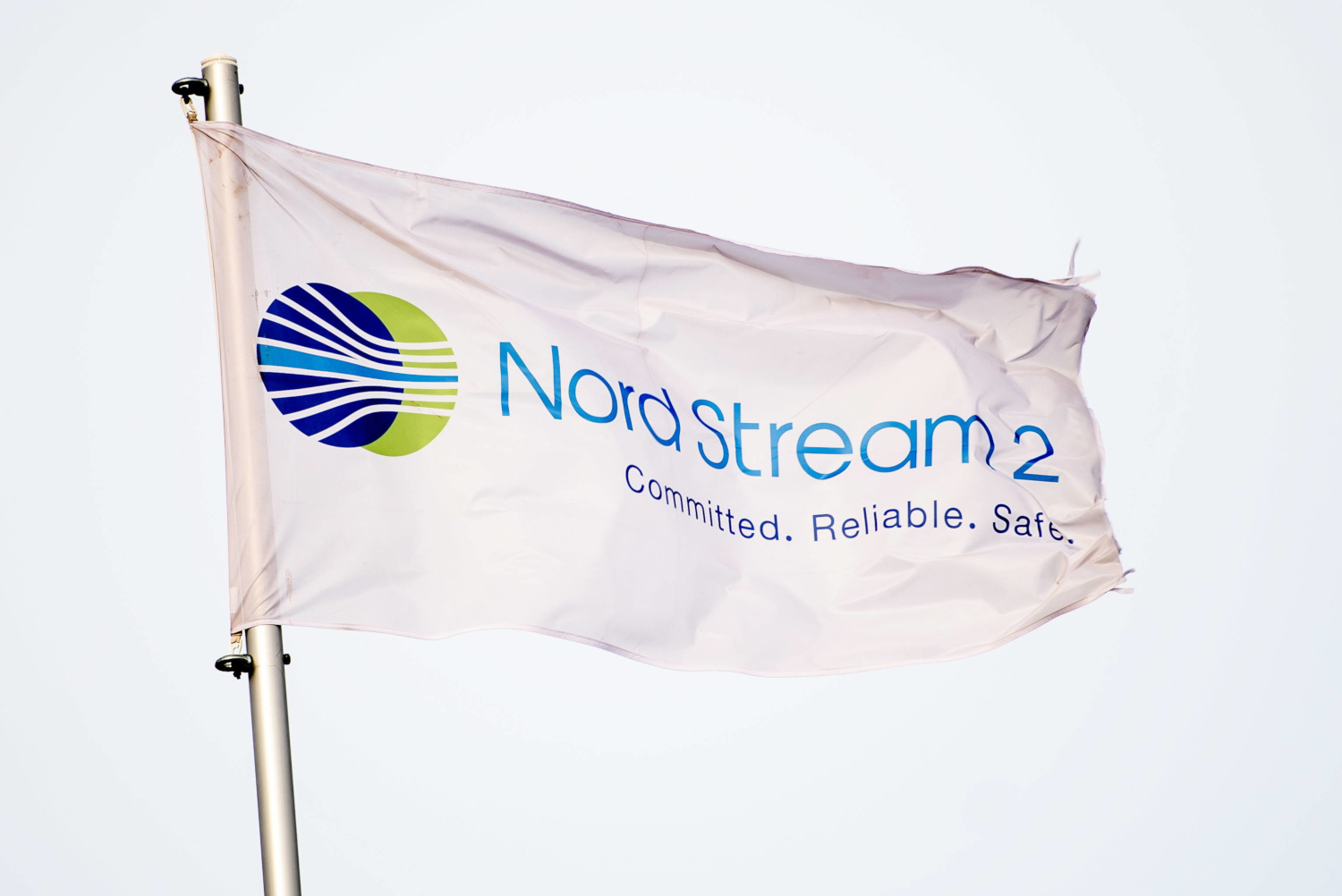
Nord Stream 2: A Trap for Ukraine
Nord Stream 2 is a political project targeted at Ukraine, among others. It is an essential element of Russia’s anti-Ukrainian strategy and a tool to eliminate Kiev from the European gas transit system. This would be a severe political and financial blow to the Ukrainian state.

Western Balkans – a Somewhat Forgotten Place on the Map of Europe
In January 2019, Poland assumed an annual presidency of the Berlin Process – a regional cooperation model, initiated in 2014, to support the integration of the Western Balkan countries with the European Union. In the middle of 2019, Poland will host the next EU – Western Balkans Summit.

Cooperation Between the Visegrad Countries Regarding Counter-Extremism Operations
With Western European states falling victim to jihadist terrorist attacks every few months, the extremist scene in the Czech Republic, Hungary, Poland, and Slovakia (the V4 states) appears to be comparably calm. Despite this, the V4 states are not immune to the threat of extremism and terrorism and must possess well-developed counter-measures. At a time when all four V4 states are threatened by similar forms of extremism and cannot easily find common ground with other states in the EU, they should expand counter-extremism cooperation at the V4 level.
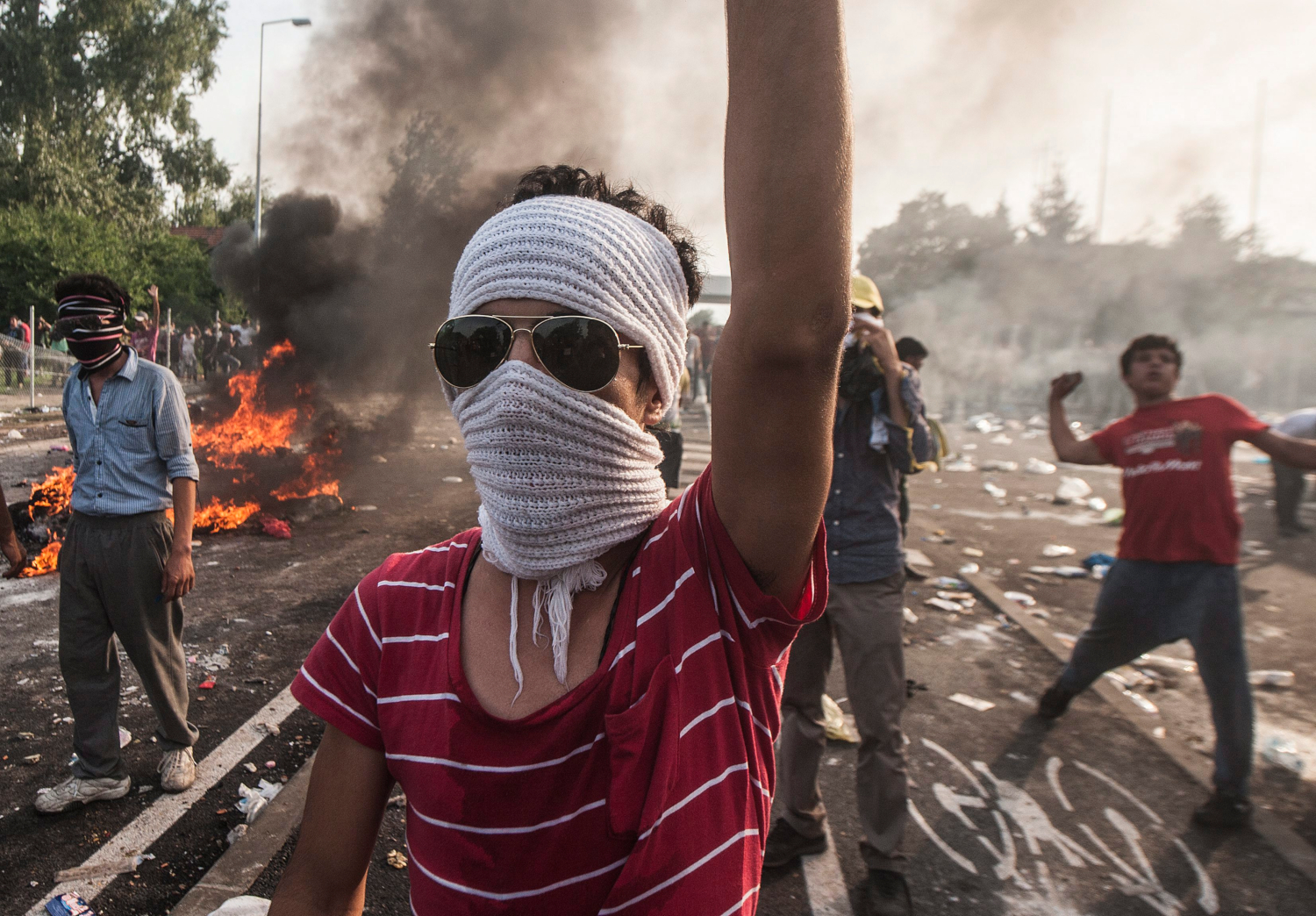
Visegrad Group and Prevention of Mass Irregular Immigration to Europe
The Visegrad Group’s approach to migration is often described by West European journalists, intellectuals and politicians as nationalistic, populistic and xenophobic. This narrative contributes to the view that the post-communist societies of Central and Eastern Europe are somehow uncivilized, backward and underdeveloped.
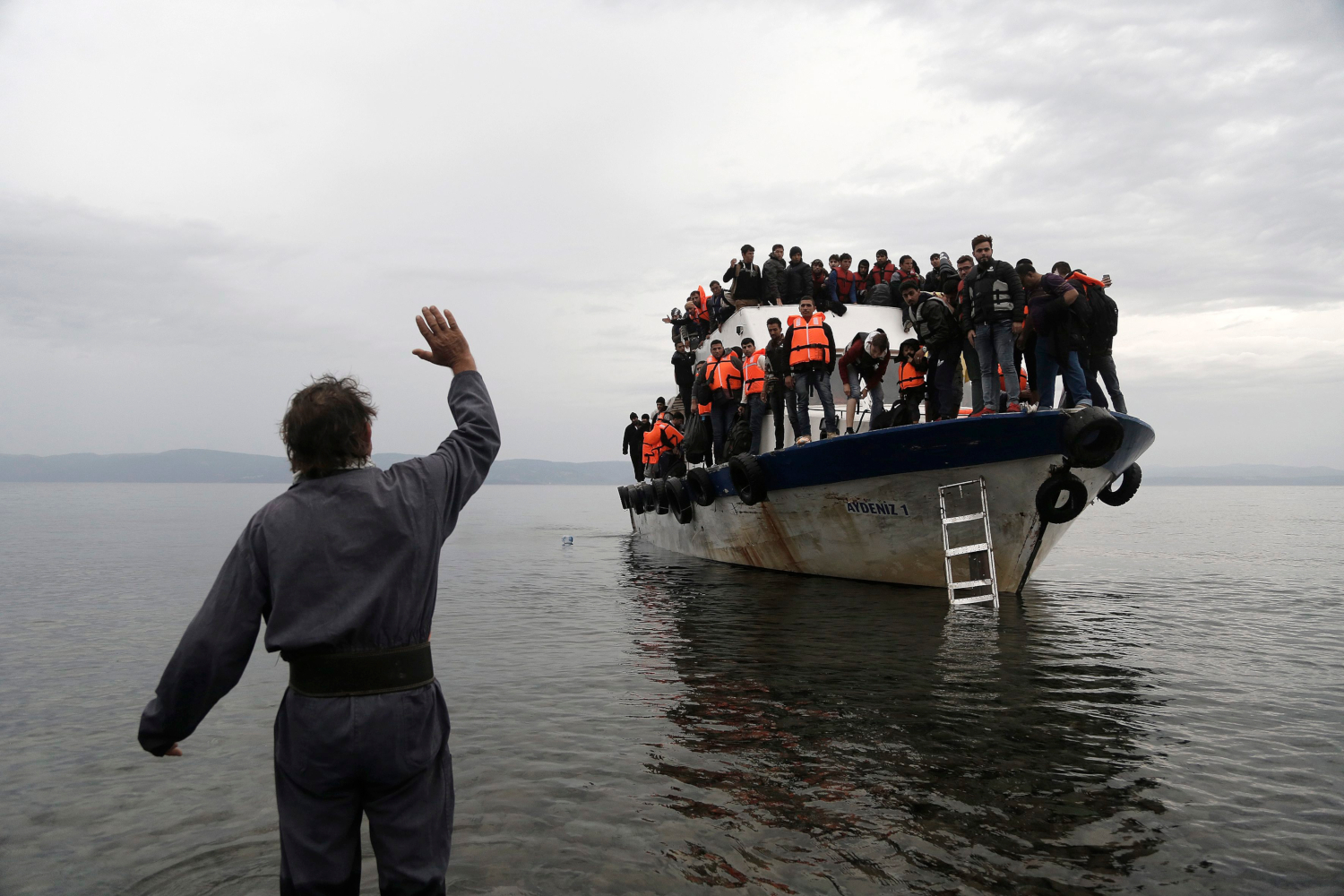
US and EU Immigration Policies
It is harder to think of anything more contradictory than the public images of President Donald Trump and Chancellor Angela Merkel on the issue of immigration.
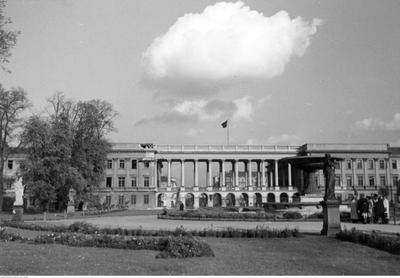
Warsaw – the City that is No More
In 1918, after 123 years under partitions, Poland regained its independence with Warsaw reinstated as its capital, now also home to the highest state institutions. The following two decades saw a dynamic growth of the city with many buildings and public utility premises on the rise.
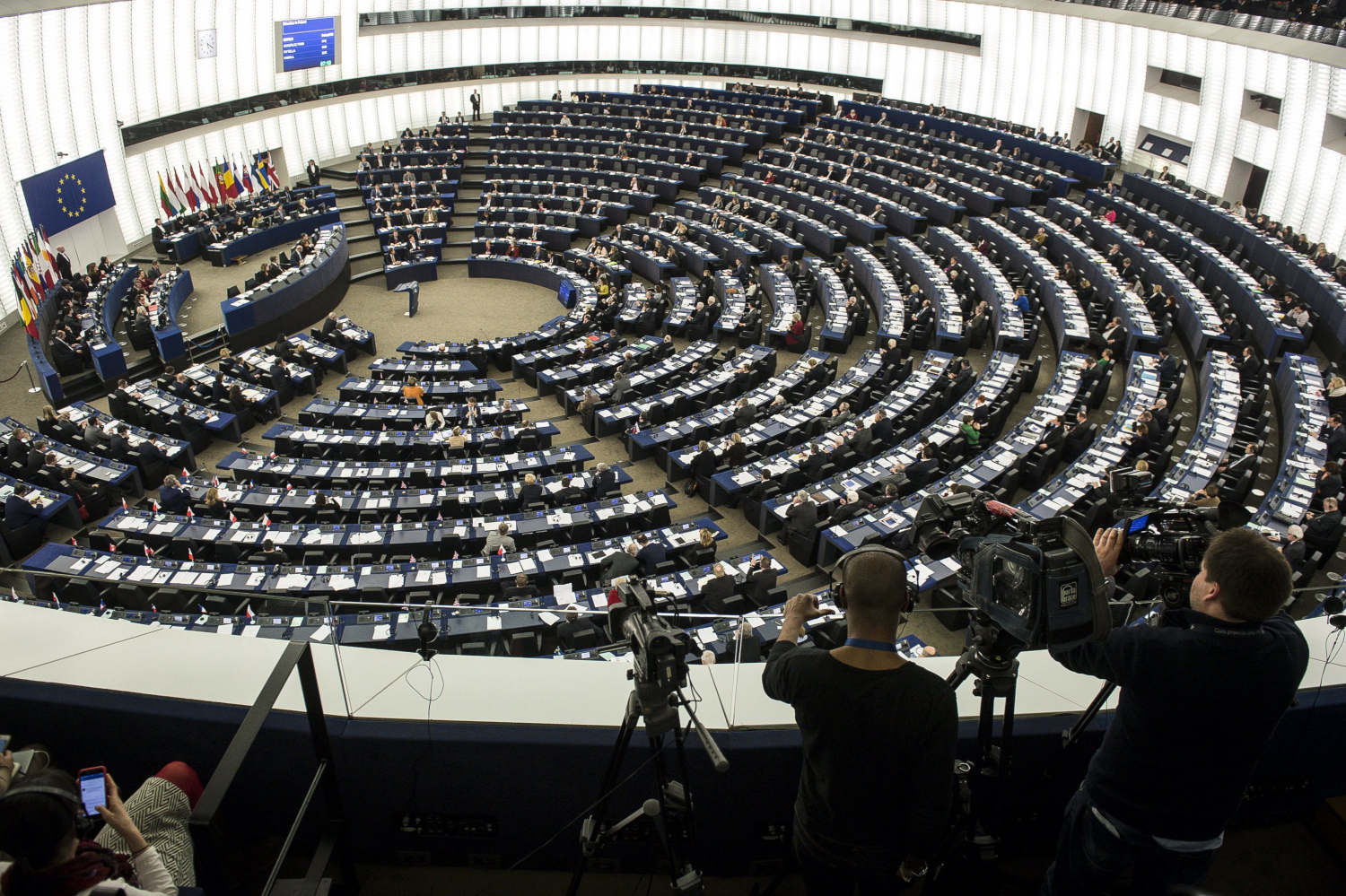
Attitudes of Polish Political Parties towards European Integration
The aim of this text is to analyze agendas of the major political parties in Poland before the upcoming elections to the European Parliament (in 2019).
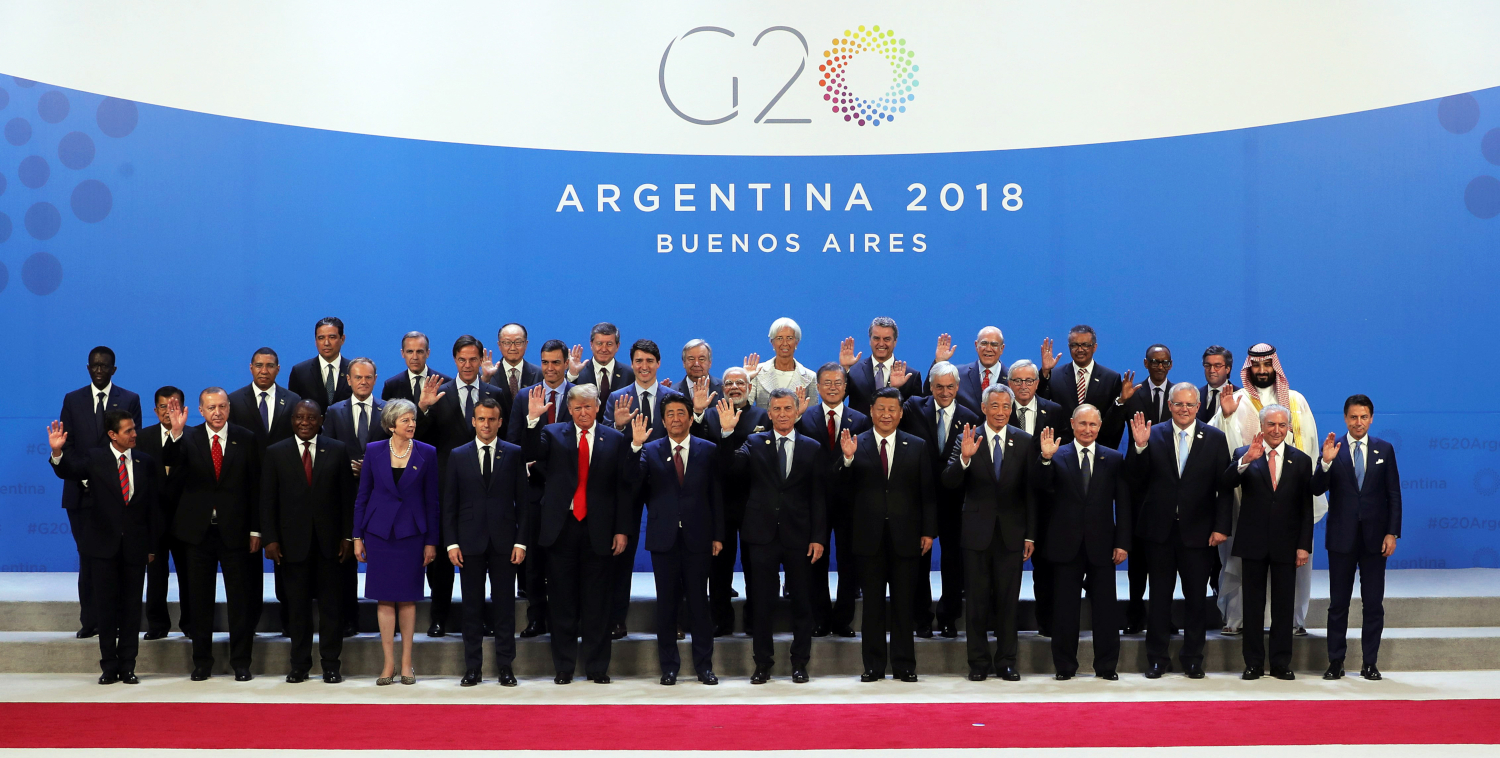
Recent Trends in International Taxation: A Strategic Evaluation
Sovereignty, statehood and taxing power are strategically inseparable since Antiquity. Taxes are the only sensible and relatively liberal way to finance public services that cannot be sold at a price, such as the army or the police.
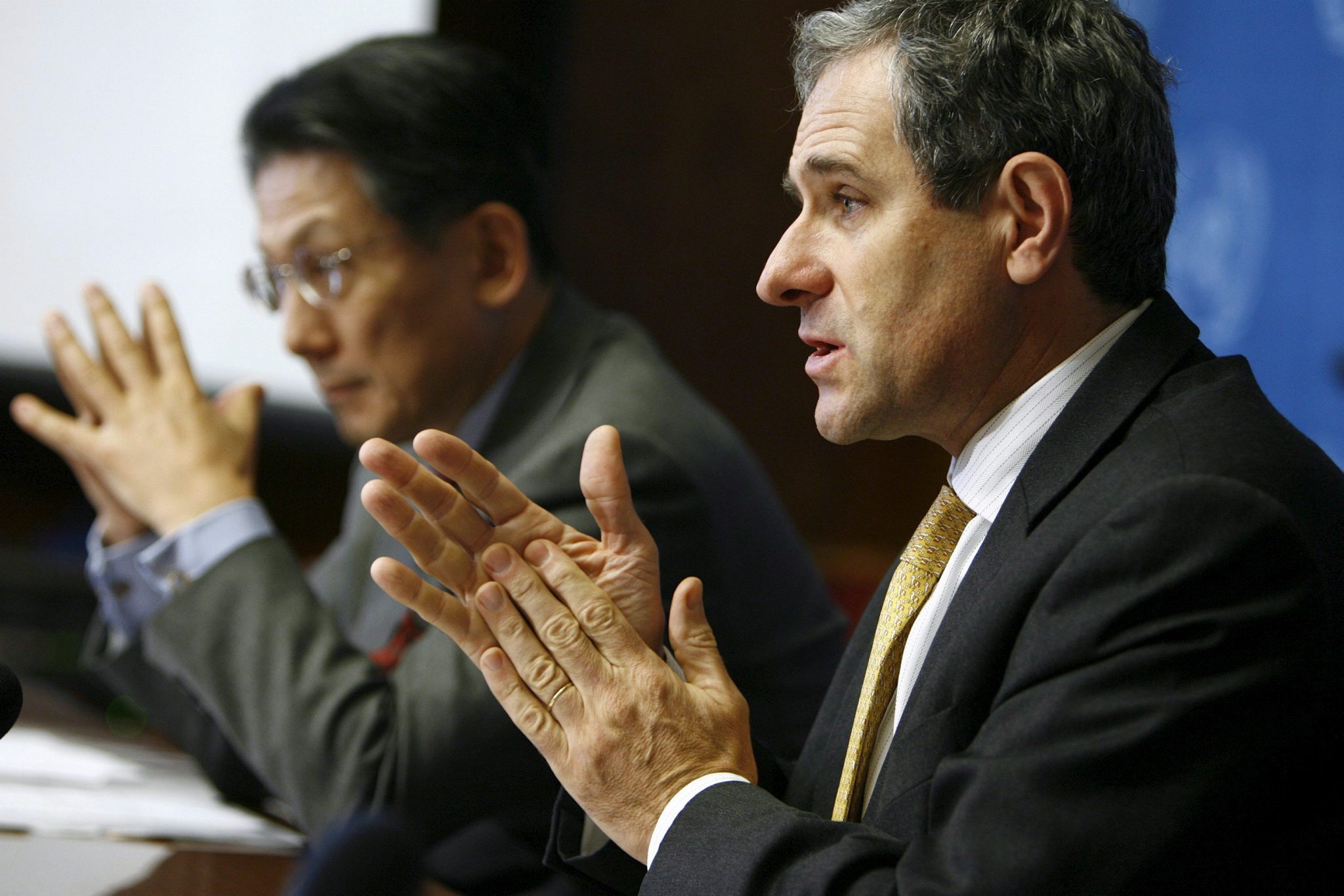
The Robotic Revolution in Military and Poland’s National Security Strategy
Experts from China, Russia, and the United States unanimously agree that both robotic technologies and artificial intelligence (AI) will dramatically change the image of today’s battlefields. The three aforementioned powers seem to be getting more and more involved in a global arms race that would result in the gradual robotization and algorithmization of military operations.

Artwork Plundering in the Occupied Warsaw
After the siege of Warsaw in September 1939, the city changed profoundly. Many Polish soldiers remained in captivity while their families had no means of subsistence.

















